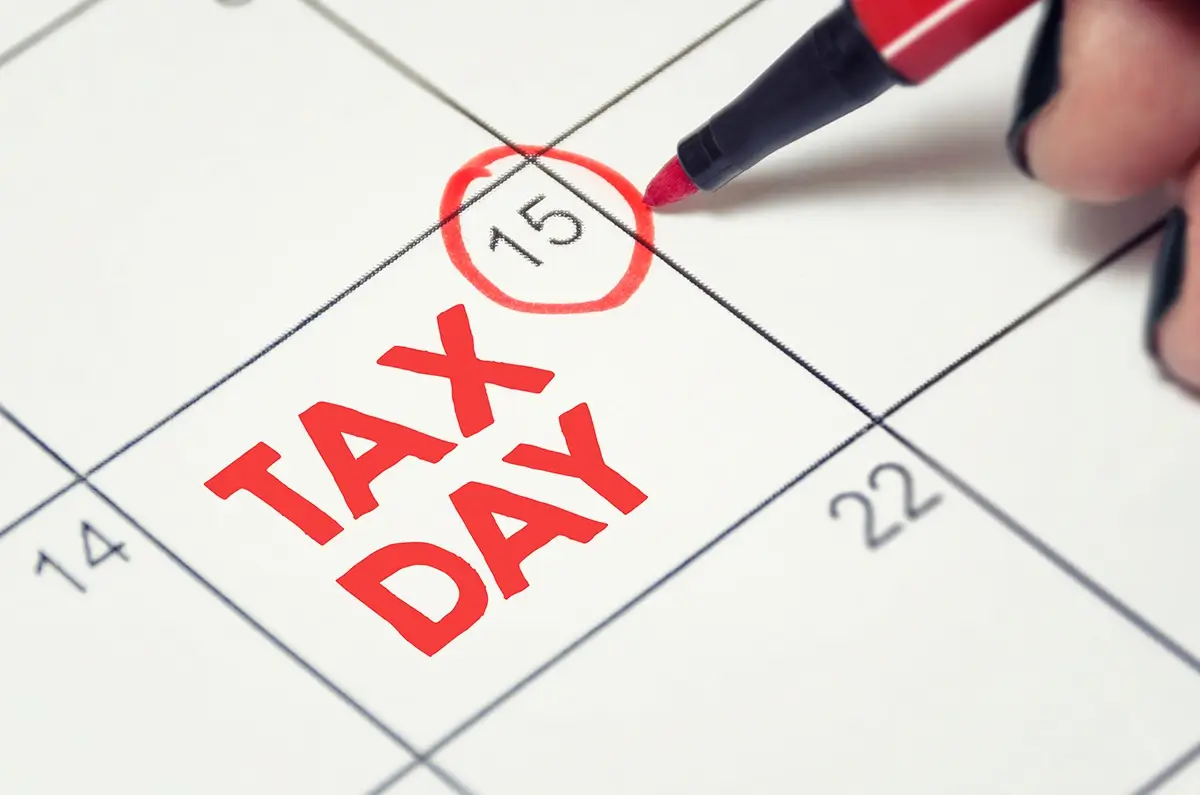Every year, as tax season approaches, individuals and businesses alike scramble to find ways to minimize their tax liabilities. However, tax planning shouldn’t be a seasonal headache, but rather a year-round strategic approach to your financial health. Let’s dive into the world of tax planning and understand its vital role in your financial journey.
What is Tax Planning?
In simple terms, tax planning is the art of arranging your financial affairs in ways that delay or avoid taxes by taking advantage of beneficial tax-law provisions, available tax deductions, investment strategies, and other legal alternatives. It’s an essential part of your overall financial planning, structured to align with your financial goals.
Why is Tax Planning Important?
With proper tax planning, you can significantly reduce the amount of your taxable income, increase your tax deductions, and take advantage of tax credits. The less tax you pay, the more money you keep in your pocket—or for businesses, in your company’s coffers. It’s not about evasion or breaking laws; it’s about understanding the law and making it work to your advantage.
Role of a Certified Public Accountant (CPA) in Tax Planning
While it’s possible to do some basic tax planning on your own, hiring a Certified Public Accountant (CPA) can provide significant benefits. A CPA is more than just a tax preparer. They are financial advisors who can guide you on the path to financial success.
CPAs are well-versed in the complex world of tax law and stay updated on the latest changes and updates. They can help you understand how these laws affect your financial situation and advise on the best strategies to minimize your tax liability. This includes finding the most beneficial tax credits, advising on tax-friendly investment strategies, and suggesting timing for certain financial actions.
A good CPA will work with you year-round, not just during tax season, helping you make strategic decisions that keep your financial plan on track.
Understanding the basics of tax planning is the first step on the road to effective financial management. It’s about more than just saving money—it’s about making your money work for you. With the help of a Certified Public Accountant, you can navigate the complex world of tax planning with confidence and turn tax season from a time of stress into a celebration of your financial savvy.
Remember, when it comes to your finances, it pays to plan ahead. Stay tuned for our next blog post where we’ll explore common tax planning strategies to help you keep more of your hard-earned money.











